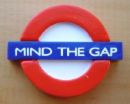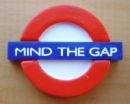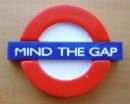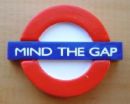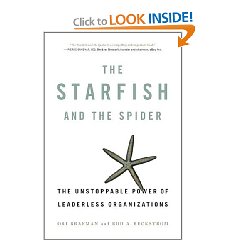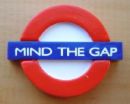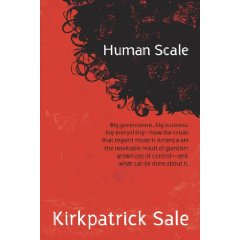 Ideal Starting Point–Bigger than Neuropsycholoy,
Ideal Starting Point–Bigger than Neuropsycholoy,
Jim Robbins
EDIT of 6 Julk 09 to point to related new book, Musicology: The Key Concepts (Routledge Key Guides)
I got this book from another person who felt that biofeedback has matured to the point that it is vastly superior to medication for children with attention-deficit disorders, or adults with anger or impatience issues.
Although it was published in 2001, I agree with the reviewers that say this is an ideal starter book. I am so impressed by the very balanced, methodical presentation that this author provides, that I am scheduling a
biofeedback evaluation session to see for myself.
Other reviewers have done a superb job on the meat of this book, so my usual summative review is not necessary. Instead, I want to emphasize the relevance of this book to the future of the planet. As with another book I reviewed over a year ago, on the emergent integration of psychology and neuroscience, I have become convinced that macro-neuroscience (belief systems of entire cultures or grops) and micro-neuroscience (individual issues now responsive to learned biofeedback) are going to become the PRIMARY science ofthe future. We have to cut health care costs in the USA by 75% over the next ten years–there are only three ways to do that: preventive medicine, alternative medicine, and an end to price gouging by big pharma.
The US Government is wasting trillions of dollars on a heavy-metal military that is not only not going to win in Iraq, but is making the problem worse by being an occupying power and by inspiring jihadists worldwide. At the same time, the US Government is talking the talk about Public Diplomacy, Strategic Communication, and Information Operations–a more substantive variation of Psychological Operations (PSYOP), but they are NOT walking the walk. Funding for the understanding and remediation of evil belief systems is non-existent, and funding for ensuring that our own children receive the best and most innovation education is also not there. We should be melding psychology, sociology, anthropology, neuroscience, political and economic science, and so on, and we should be thinking, as Howard Bloom does in “Global Brain” how to bring to bear the full resources of our Nation on creating an educated stable population capable of creating infinite wealth.
This book is therefore, in my opinion, the very tip of the iceberg on what could become the “American Way of Peace” in the 21st Century. First we have to take our government and our military away from the neo-cons, and restore our reputation as America the good. Getting biofeedback introduced very early into all our schools would be an excellent place to start.
This book made a believer out of me, and I am relatively certain that once I experience biofeedback for myself under supervision, I am going to want to adopt it as a personal tool.
Collective Intelligence: Mankind's Emerging World in Cyberspace
Global Brain: The Evolution of Mass Mind from the Big Bang to the 21st Century
The New Craft of Intelligence: Personal, Public, & Political–Citizen's Action Handbook for Fighting Terrorism, Genocide, Disease, Toxic Bombs, & Corruption
The Tao of Democracy: Using Co-Intelligence to Create a World That Works for All
World Brain (Essay Index Reprint Series)
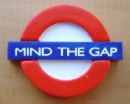 Click Here to Vote on Review at Amazon,
Click Here to Vote on Review at Amazon,
on Cover Above to Buy or Read Other Reviews,
I Respond to Comments Here or There


